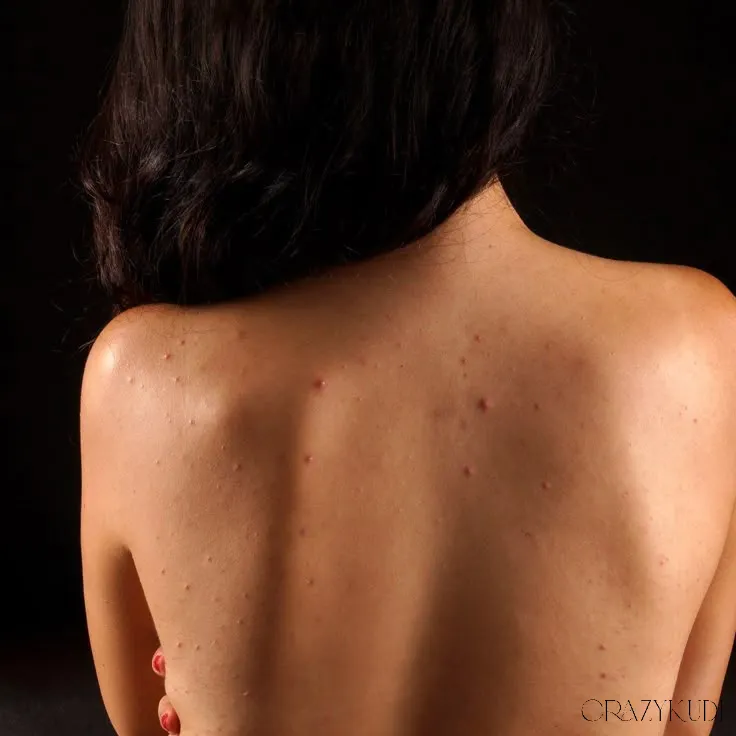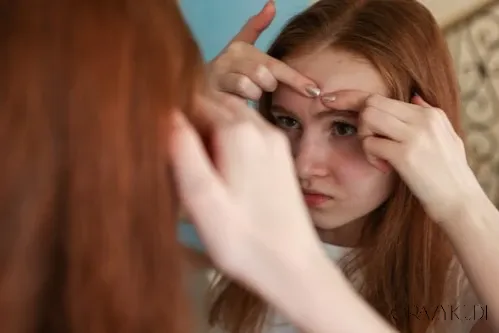Acne is one of the most common skin concerns, but it’s not always obvious why you’re breaking out. While many people associate acne with puberty, it can affect adults of all ages—and the reasons behind it can be sneaky, subtle, and not always straightforward. If you're wondering, “Why am I breaking out?” you're not alone.
As a dermatologist, I’ve seen firsthand how a variety of factors—both internal and external—can contribute to acne. In this post, we’ll explore eight sneaky causes of acne and provide expert advice on how to treat them effectively.
1. Hormonal Fluctuations
One of the leading causes of acne—especially adult acne—is hormonal fluctuations. Hormones play a crucial role in regulating oil production in your skin, and any imbalance can trigger breakouts.
- Women: Hormonal changes during your menstrual cycle, pregnancy, or menopause can lead to acne flare-ups. Many women experience hormonal acne around their chin, jawline, and neck.
- Men: Hormonal imbalances in men, often related to stress or lifestyle, can also trigger acne.
How to Treat It: If hormonal acne is your issue, try using products with retinoids (like Differin Gel or Retin-A) to promote skin turnover and prevent clogged pores. For women, birth control pills or anti-androgen medications may be prescribed to regulate hormones.
2. Stress and Cortisol Levels
Stress doesn’t just affect your mood—it can have a serious impact on your skin. When you're stressed, your body produces more cortisol, a hormone that can increase oil production in the skin, leading to clogged pores and acne.
Stress-related acne tends to appear around the forehead, temples, and jawline. The pressure of exams, work, or life changes can all be triggers.
How to Treat It: Try stress management techniques such as yoga, deep breathing, regular exercise, or engaging in activities you enjoy. In terms of skincare, benzoyl peroxide and salicylic acid are effective acne treatments for stress-related breakouts.
Also read: Adult Acne: Why Am I Still Breaking Out a Decade After Puberty?
3. Diet and Food Triggers
What you eat can directly affect the health of your skin. Certain foods—especially those high in sugar, dairy, and refined carbs—can trigger acne. This is particularly true for foods with a high glycemic index, which causes blood sugar spikes that lead to an increase in oil production.
- Dairy: Some studies have shown that milk and cheese can trigger acne in certain individuals.
- Sugar: High-sugar diets can lead to increased insulin production, which in turn increases oil production and inflammation in the skin.
How to Treat It: Try reducing your intake of high-glycemic foods, processed snacks, and dairy. Focus on a more balanced diet with whole foods, fruits, vegetables, and healthy fats. Additionally, drinking plenty of water can help flush out toxins and keep your skin hydrated.
4. Skin Care Product Overload
When it comes to acne treatments, less is often more. Overloading your skin with too many products—especially harsh ones—can irritate the skin and make acne worse. Exfoliating too frequently, using too many active ingredients, or over-washing your face can strip your skin, causing it to produce more oil in response.
How to Treat It: Use a gentle skincare routine and avoid over-exfoliating or using too many strong treatments. Opt for products that are non-comedogenic (won’t clog pores), and focus on soothing your skin with hydrating moisturizers like Neutrogena Hydro Boost Water Gel or CeraVe Hydrating Lotion.

5. Dirty Pillowcases and Bedding
You may not realize it, but your pillowcase and bedding can contribute to acne. When you sleep, your skin comes into contact with oils, bacteria, and dirt from your face, hair, and environment. If you don’t wash your pillowcase regularly, you’re likely transferring these impurities back onto your skin every night, leading to clogged pores and breakouts.
How to Treat It: Wash your pillowcase and sheets at least once a week to avoid buildup of oils and bacteria. You can also use silk or satin pillowcases, which cause less friction on the skin and help reduce acne.
6. Lack of Sleep and Irregular Sleep Patterns
Your skin repairs itself while you sleep. If you’re skimping on sleep, or your sleep schedule is inconsistent, it can disrupt this repair process and contribute to acne flare-ups. Sleep deprivation also leads to higher levels of cortisol, which, as mentioned earlier, can trigger acne.
How to Treat It: Aim for 7-9 hours of sleep every night to give your skin time to repair. Try to establish a consistent sleep routine, even during busy periods, to support healthy skin.
7. Pollution and Environmental Stressors
Exposure to environmental pollutants and toxins can irritate the skin and lead to acne. Air pollution (from traffic, industrial waste, and other sources) can clog pores and increase oxidative stress, making acne worse. You might notice breakouts around areas of your face that are more exposed to the elements, like your cheeks or forehead.
How to Treat It: Cleanse your skin thoroughly every night to remove pollutants and impurities. Consider adding antioxidant-rich serums or oils to your routine, such as those containing Vitamin C or Niacinamide, to fight off the damaging effects of environmental stressors.
Also read: What’s the Deal with College Acne? Understanding Breakouts During Your College Years
8. Underlying Medical Conditions
Certain medical conditions, such as polycystic ovary syndrome (PCOS), can contribute to hormonal acne. Thyroid issues, diabetes, or other systemic conditions can affect your skin’s oil production and overall health. If you’ve been dealing with persistent acne despite trying topical treatments, an underlying medical issue could be at play.
How to Treat It: If you suspect a medical condition may be contributing to your acne, it’s important to consult with a healthcare provider. Treatments may include hormonal therapies, medication, or lifestyle changes to address the root cause of the problem.
Final Thoughts
Acne is complex, and it’s important to remember that everyone’s skin is different. Understanding the sneaky causes of acne can help you identify the root cause of your breakouts, making it easier to treat them effectively. Whether it’s hormonal changes, stress, diet, or environmental factors, each of these issues can be managed with the right approach.
If you’re struggling to control your acne despite your best efforts, don’t hesitate to consult with a dermatologist. They can help you find a tailored treatment plan that addresses your unique skin concerns. Clearer, healthier skin is possible with the right knowledge and care.

